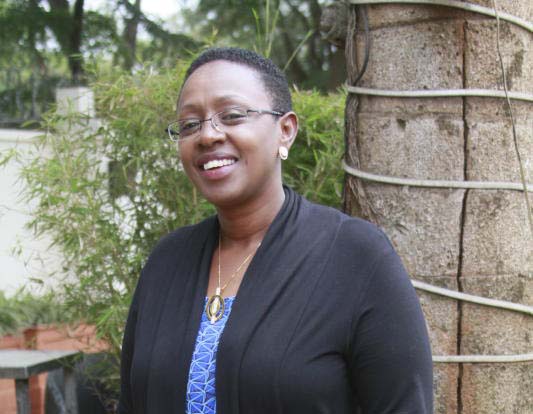×
The Standard e-Paper
Kenya’s Boldest Voice

As politicians are busy crafting strategies for next year’s polls, a catchy and simple nickname that will be easy to remember and attractive to the electorate is top on the list.